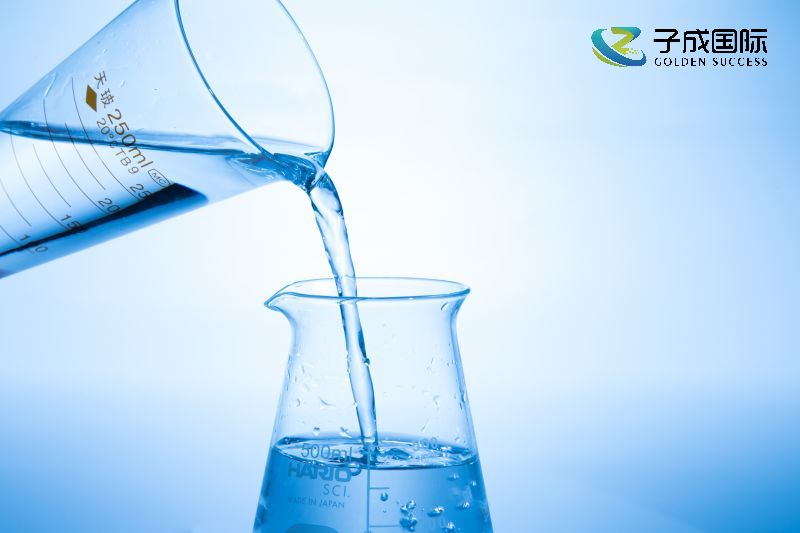Wetting agents play an important role in multiple industries due to their wide applicability and significant effects. This article will explore the specific applications and value of wetting agents from industries such as chemical, textile, agriculture, coatings, and printing.

In chemical production, wetting agents are often used to promote the mixing and reaction of raw materials, thereby improving production efficiency; Meanwhile, wetting agents are also an indispensable component in products such as cleaning agents and emulsifiers.
In the textile industry, wetting agents are used for pre-treatment of dyeing and finishing to help dyes penetrate fibers evenly, improve dyeing quality and color fastness; In addition, adding wetting agents to textile pulp can improve the fluidity of the pulp and increase weaving efficiency.
In the agricultural field, wetting agents are used in the spraying process of pesticides and fertilizers to improve the adhesion and permeability of the pesticide solution, reduce the loss of the solution, and enhance the spraying effect.
In the coatings and printing industry, wetting agents help to disperse pigments and fillers, improve the uniformity of coatings, and enhance the clarity of printed materials; At the same time, it can also adjust the fluidity of the coating and improve the construction performance.
With the continuous advancement of technology and the increasing awareness of environmental protection, the research and development of new wetting agents has become an important research direction. Traditional wetting agents often contain chemicals that are harmful to the human body or the environment. Therefore, the development of environmentally friendly wetting agents with low toxicity, degradability, and harmlessness has become an urgent task. New wetting agents need to have higher wetting efficiency and lower dosage requirements to meet the modern industrial production's demand for high efficiency and energy conservation. In addition to the basic wetting function, new wetting agents should also have various additional functions such as anti-static, anti fouling, and antibacterial to meet the needs of multifunctional products in different fields.

 English
English
 Chinese
Chinese Vietnamese
Vietnamese
 HOME
HOME
 PRODUCT
PRODUCT
 NEWS
NEWS
 CONTACT
CONTACT


